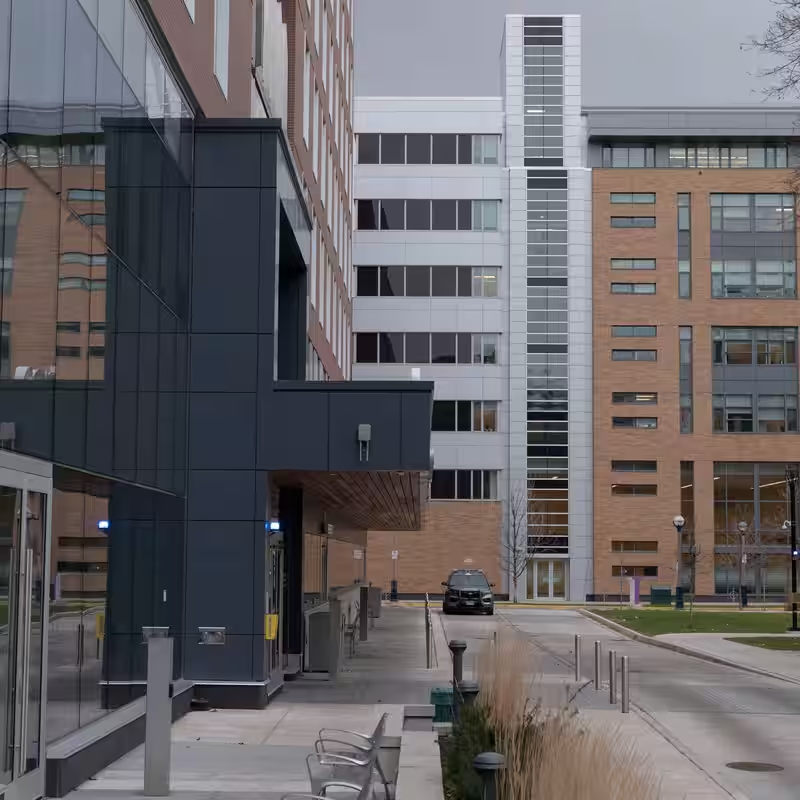Table of Contents
- The Great Training Debate in Ontario
- A Mental Health Crisis Demands Action
- Two Sides, One Profession
- What Does Current Psychologist Training Look Like?
- How Ontario Compares Globally
- What Happens Next?
- Sources
The Great Training Debate in Ontario
In a rare public rift, psychologists across Ontario are clashing over a controversial government-backed proposal to shorten the training required to become a licensed psychologist. At the heart of the dispute: can the province safely expand access to mental health care by reducing educational requirements—or would it risk patient safety and professional integrity?
The debate has split the psychology community into two camps: those who see streamlined licensing as a necessary response to a worsening mental health crisis, and those who warn that cutting corners on psychologist training could erode the quality of care at a time when it’s needed most.
A Mental Health Crisis Demands Action
Ontario faces a severe shortage of mental health providers. Waitlists for therapy stretch for months, rural communities have almost no access to licensed psychologists, and youth mental health emergencies are surging. Provincial health officials argue that the current path to licensure—often taking 8 to 10 years—is a major barrier to increasing the workforce.
“We’re turning away people in crisis every day,” said Dr. Amina Khalid, a clinical psychologist in Hamilton. “If we can responsibly accelerate training without compromising standards, we have a moral obligation to try.”
Two Sides, One Profession
Opponents, however, aren’t convinced. The Ontario Psychological Association (OPA) has issued a strong statement warning that reducing supervised clinical hours or academic requirements could lead to underprepared practitioners handling complex cases like trauma, psychosis, or suicidal ideation.
“Psychology isn’t just talk therapy—it’s a regulated health profession grounded in science,” said Dr. Evan Ross, a professor at the University of Toronto and OPA board member. “You wouldn’t shorten medical school to fix doctor shortages. Why do it here?”
Supporters of reform counter that other provinces and countries have successfully implemented tiered licensing models—such as allowing master’s-level clinicians to practice under supervision—without compromising outcomes.
What Does Current Psychologist Training Look Like?
Today, becoming a licensed psychologist in Ontario typically requires:
- A bachelor’s degree in psychology or related field
- A master’s degree (2 years)
- A doctoral degree (Ph.D. or Psy.D., 4–6 years)
- 1,500+ hours of supervised clinical practice
- Passing national and provincial competency exams
The proposed changes would allow master’s-trained clinicians to obtain full licensure with fewer supervised hours—similar to models in British Columbia and parts of Europe.
How Ontario Compares Globally
Internationally, training standards vary widely:
| Region | Minimum Degree for Licensure | Supervised Hours Required |
|---|---|---|
| Ontario (current) | Doctorate | 1,500+ |
| British Columbia | Master’s (with restrictions) | 1,200 |
| United Kingdom | Doctorate | 2,000+ |
| Australia | Master’s or Doctorate | 1,000–2,000 |
Proponents argue Ontario is an outlier in its rigidity—especially given its population density and mental health needs.
What Happens Next?
The College of Psychologists of Ontario is expected to release a public consultation report by early 2026. Meanwhile, grassroots campaigns on both sides are gaining traction, with #ProtectPsychology and #ExpandAccess trending on Canadian social media.
Whatever the outcome, one thing is clear: as demand for mental health care soars, the definition of who qualifies as a psychologist—and how they’re trained—may be entering a new era.
Sources
The New York Times: Ontario Psychologists Clash Over How Much Training Is Enough
College of Psychologists of Ontario
Canadian Psychological Association




